Mega deal look-back: What industry leaders said about Disney-Fox deal & its impact
In the biggest media deal this year, The Walt Disney Company and 21st Century Fox, Inc announced that they have entered into a definitive agreement for Disney to acquire 21st Century Fox, including the Twentieth Century Fox Film and Television studios, along with cable and international TV businesses, for approximately $52.4 billion in stock (subject to adjustment). Immediately prior to the acquisition, 21st Century Fox will separate the Fox Broadcasting network and stations, Fox News Channel, Fox Business Network, FS1, FS2 and Big Ten Network into a newly listed company that will be spun off to its shareholders.
Combining with Disney are 21st Century Fox’s critically acclaimed film production businesses, including Twentieth Century Fox, Fox Searchlight Pictures and Fox 2000. Disney will also acquire FX Networks, National Geographic Partners, Fox Sports Regional Networks, Fox Networks Group International, Star India and Fox’s interests in Hulu, Sky Plc, Tata Sky and Endemol Shine Group.
Bringing on board 21st Century Fox’s entertainment content and capabilities, along with its broad international footprint and a world-class team of managers and storytellers will allow Disney to further its efforts to provide a more compelling entertainment experience through its direct-to-consumer (DTC) offerings. This transaction will enable Disney’s recently announced Disney and ESPN-branded DTC offerings, as well as Hulu, to create more appealing and engaging experiences, delivering content, entertainment and sports to consumers around the world wherever and however they want to enjoy it.
On the other hand, 21st Century Fox proposes to spin off its businesses and create a new ‘Fox’, which will include iconic branded properties Fox News Channel, Fox Business Network, Fox Broadcasting Company, Fox Sports, Fox Television Stations Group, and sports cable networks FS1, FS2, Fox Deportes and Big Ten Network (BTN). It will also include the company’s studio lot in Los Angeles and equity investment in Roku.
The implications of such a major deal for the media industry across the world as well as in India are many. In a bid to understand the implications, especially with reference to India, Adgully spoke to a cross section of leading media and advertising experts. This is what they had to say...
Sam Balsara, Chairman and Managing Director, Madison World:
I am sure Star India has played an important role for Fox in arriving at this deal.
This deal highlights the effectiveness of India once again to global corporations in general and the attractiveness of the Indian entertainment and television industries in particular.
It gives Rupert Murdoch now a part ownership of a truly global media organisation and fulfills Disney’s long cherished dream of having something substantial in India.”
Paritosh Joshi, Principal at Provocateur Advisory:
As for the ripples that can be seen in the broadcast sector, the nice thing about Disney and Star in India is that they really don’t go head-on to compete in any manner. The business that Disney has and the business that Star has complement each other, but don’t directly complete each other. Disney has got its kids’ space and UTV kind of channels, whereas Star has got action films and stuff like that. It had a youth channel in the form of Channel V, which is not there anymore. As far as the kids’ space is concerned, Star never had a presence at all. So, in my mind this is a perfect fit because Disney’s portfolio exactly fills in the audience gap that Star actually had in its portfolio. Therefore, I think it’s an amazing, well-matched combination.”
Abhimanyu Singh, CEO, Contiloe Pictures:
I think this is going beyond ripples. The very fact that something like this has happened on a global level is evident that people have to re-align themselves and traditional media is getting impacted by the way people are consuming content. So, when we look at the consumption patterns now, you see people binging on 10 episodes at one go on one day as opposed to appointment viewing on a daily basis. Thus, you can see that there is a big world order that is changing, the consumption patterns are changing. New audiences want different kind of content. I have always believed that India is no different from the West. What happens in the West slowly translates to what happens in India as well. So, you will see that whatever happens on an international level will obviously have an impact in India as well.”
A leading broadcast media honcho, who did not wish to be named, said:
“Star is already doing whatever can be done, it is doing a fantastic job. In contrast, Disney in the Indian market doesn’t have that strong a consumer base as Star. To some extent, for the broadcast consumers Disney does have a library which they were otherwise selling to Star. When they took over UTV, it became a case of tables reversed. However, internationally, Disney has done a superb job. Disney India never had much gains in India, but with this collaboration they will have more gains in India. They took on Marvel, they took on Lucas and now they have Fox Studio - there is no IP in Hollywood barring a few. I would like to see what Amazon and Netflix will do now.”
Jehil Thakkar, Partner, Deloitte Consulting:
I don’t think there will be that much change in India. Globally, I think there will be a series of consolidation over the couple of years. So, I see the fundamental structure of entertainment business is changing, companies are reacting to that. I do believe that there will be further consolidation in the US and also in other parts of the world as the company is trying to build out its whole direct relationship with consumers and distribution essentially moved to the internet.”
Prasad Y Ajgaonkar, CEO, iRealities:





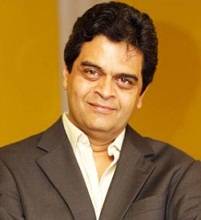



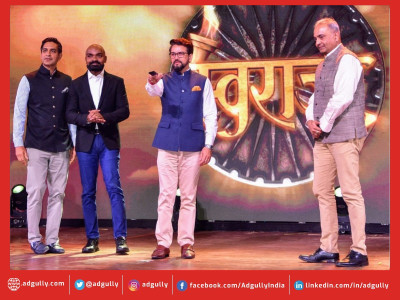
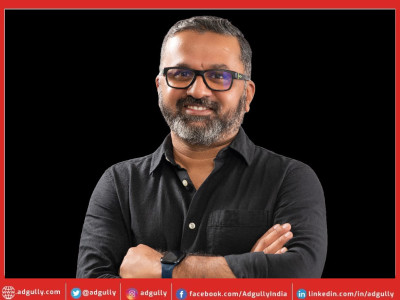
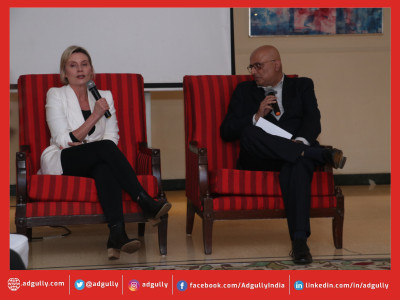




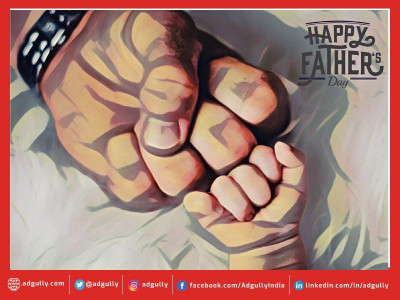
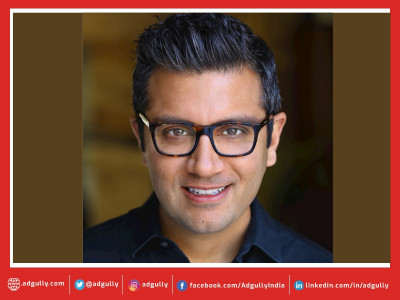

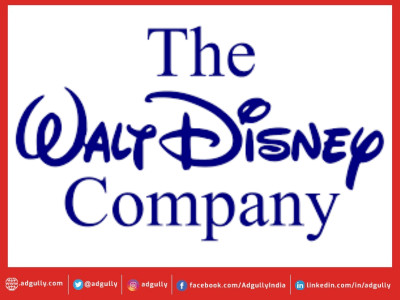


Share
Facebook
YouTube
Tweet
Twitter
LinkedIn